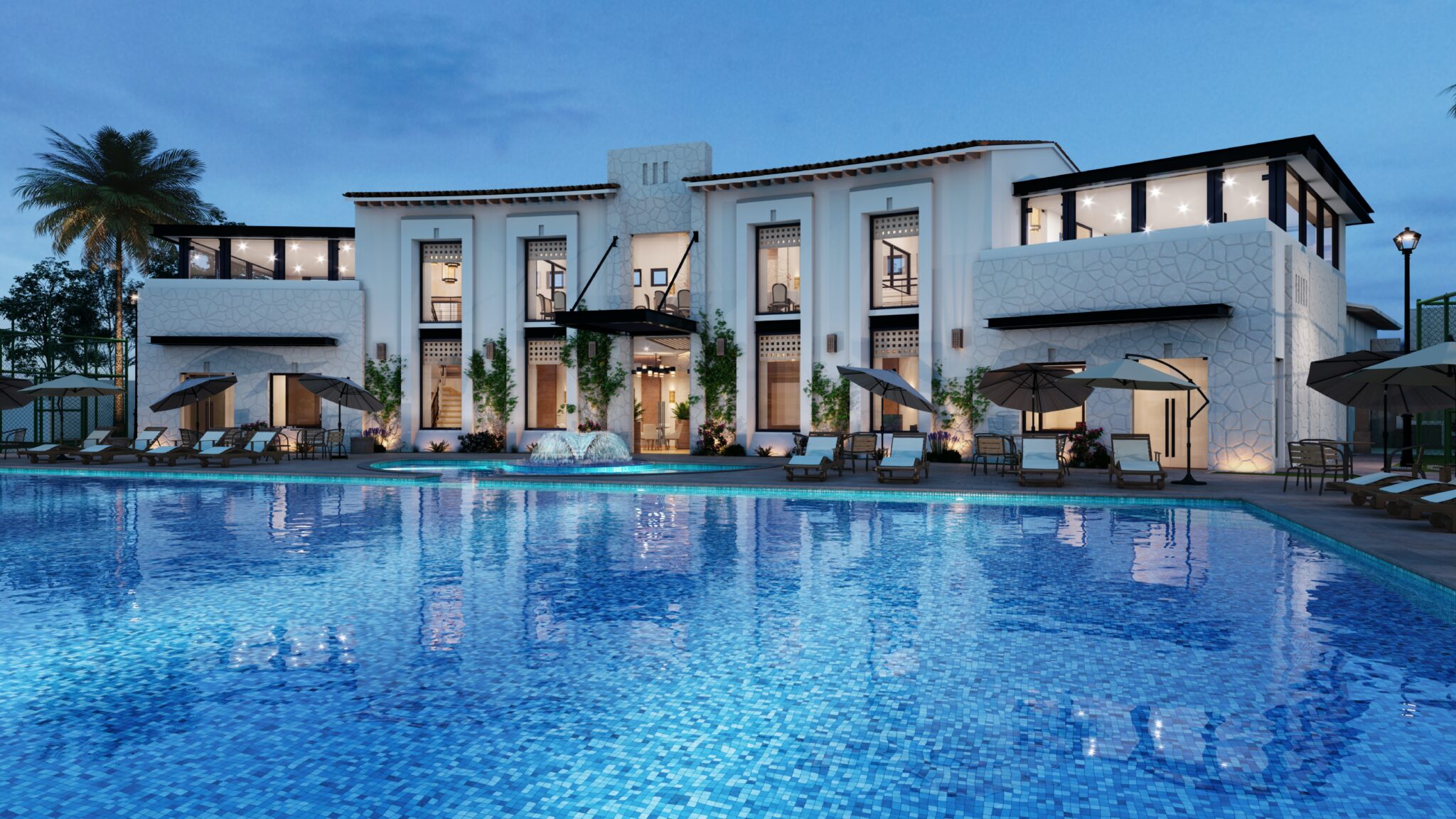Discover the all-important components of a successful luxury hotel that will help your property to stand out from the crowd.
Entering the travel market can be a daunting yet exciting path for property developers. While the market is at times turbulent, easily disrupted by social, political and economic change, tourism remains a major global industry and luxury holiday accommodation in particular has the potential to be highly lucrative. Designing a hotel has the additional attraction of being a more creative venture than many commercial property development projects, and often takes you to far-flung locations.
Major high-end hotel chains and independent investors working within the travel industry frequently seek to expand their property portfolio in order to dominate more of the luxury tourism market. However, they are also careful and considered when taking on new hotels and have a detailed checklist of what the property must be able to deliver – both for the brand and the client experience.
Discover the all-important components of a successful luxury hotel that will help your property to stand out from the crowd. From the accommodation location to the detailing in the design, use this guide to create a luxury holiday property that goes above and beyond the ordinary.
Remember that location is key
Most important of all is the location of your property. If your hotel does not fit within the typical tourist trail of a country, it will be of little use to a major chain that is trying to take the lion’s share of high-end visitors. This is not to say that the property always needs to be within a major city or the most popular tourist spots which are often over-saturated with accommodation options; rural escapes which offer a welcome break for long journeys and peace and quiet away from the crowds can also be just as valuable.
Don’t ignore neglected properties
If you cannot find any available space to build a new hotel in the prime tourist hotspots, consider buying and renovating existing properties that have been neglected. These are often available for a good price with the chance to reap substantial financial reward in the future.
Another advantage of older properties is that they may have traditional design features which will set your hotel apart from the more common modern competitors. If you choose to lease out the refurbished building to a hotel management company rather than selling, you could consider commercial landlord insurance to help to protect your investment.
Embrace local culture in design
It is important to remember that one of the main motivations for travel is to explore a new culture. While most high-end clients do want a good spread of home comforts, including familiar food, hot water showers and quality furnishings, they are also seeking a property that captures the essence of the destination.
Make sure that you incorporate local culture into your hotel design, from architecture that recognises the climate and your surroundings to the colours and artwork on the walls.
Include top-quality facilities
In addition to the location and quality of design, luxury properties should feature a full spread of facilities in order to qualify as a five-star hotel. If you have a swimming pool, consider adding a jacuzzi and plenty of private relaxation pods. Hotels of a good size should include a spa area that immediately inspires serenity.
When considering dining, see if you have space for multiple themed restaurants or a terrace where guests can eat beneath the stars. Essentially, your property should be a sanctuary where guests can rest and recharge after a day of exciting exploration.









































































































































































